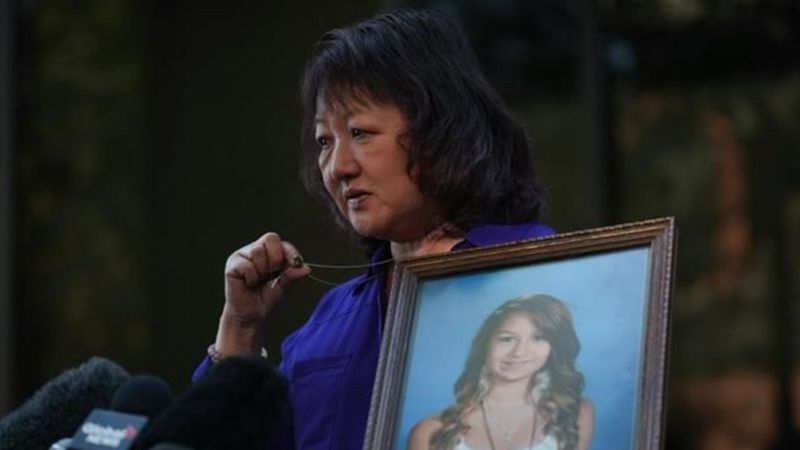
B.C. introduces new legislation to protect against the sharing of intimate images without consent
VICTORIA — B.C.’s attorney general has proposed a new bill to protect people against the sharing of their intimate images without permission, as police warn of the growing problem of so-called sextortion.
Niki Sharma said the legislation would create new legal rights and remedies people could use to stop the distribution of their intimate images and to seek compensation for the harm it caused.
She tabled the Intimate Images Protection Act before holding a news conference where she spoke about the bill alongside Carol Todd, founder of the Amanda Todd Legacy Society.
Todd said it was an “emotional day” as she spoke at a press conference about the new bill, 13 years after the images of her then 13-year-old daughter Amanda were shared online.



